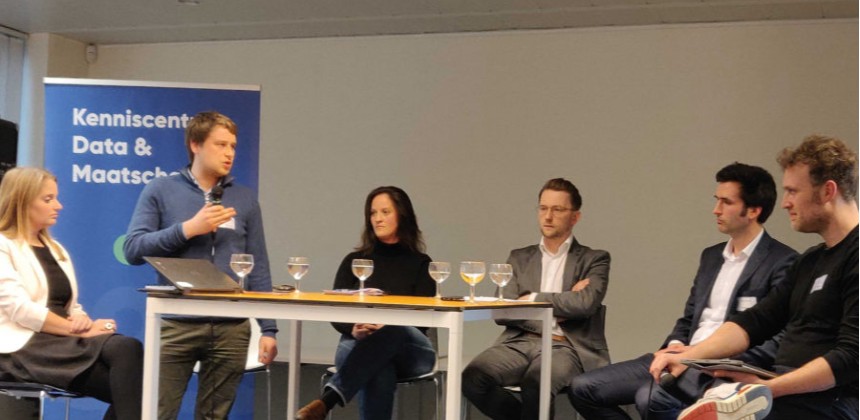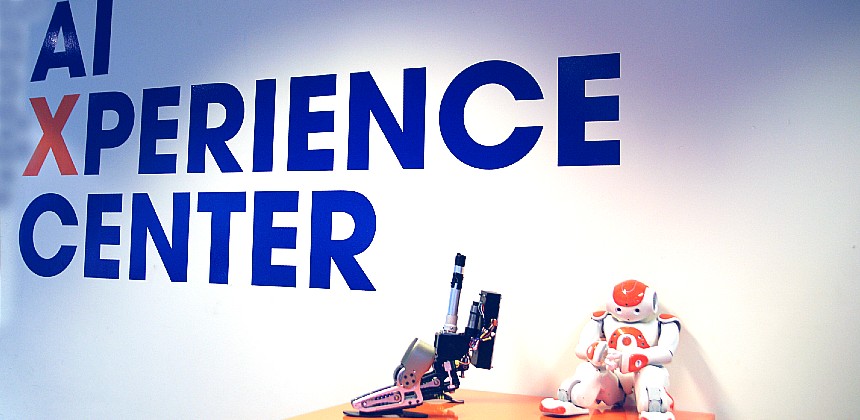
The event series ‘Data-Date’ invites external speakers to spark discussions on AI. Their very first event already presented a hot topic; the White Paper of the European Commission ’On Artificial Intelligence – A European approach to excellence and trust’. The panelists debating were Nathalie Dumarey (VVSG), Astrid Eichstädt (Unia), Simon November (Test Purchase), Jelle Hoedemaekers (Agoria) and Dieter Somers (Voka). They responded to the presentation and shared their critical reservations on the White Paper.
The panel agreed that the White Paper on AI sets a number of clear targets for Europe. The document was positively received and it is considered as a conversation starter to further elaborate the policy. However, the White Paper does not yet explain how we can achieve these targets, and therefore, a number of difficult political choices have not yet been made. It is time to consider which steps we want to take further from Flanders.

Want to read more? Click here to read the article by The Data and Knowledge Centre.